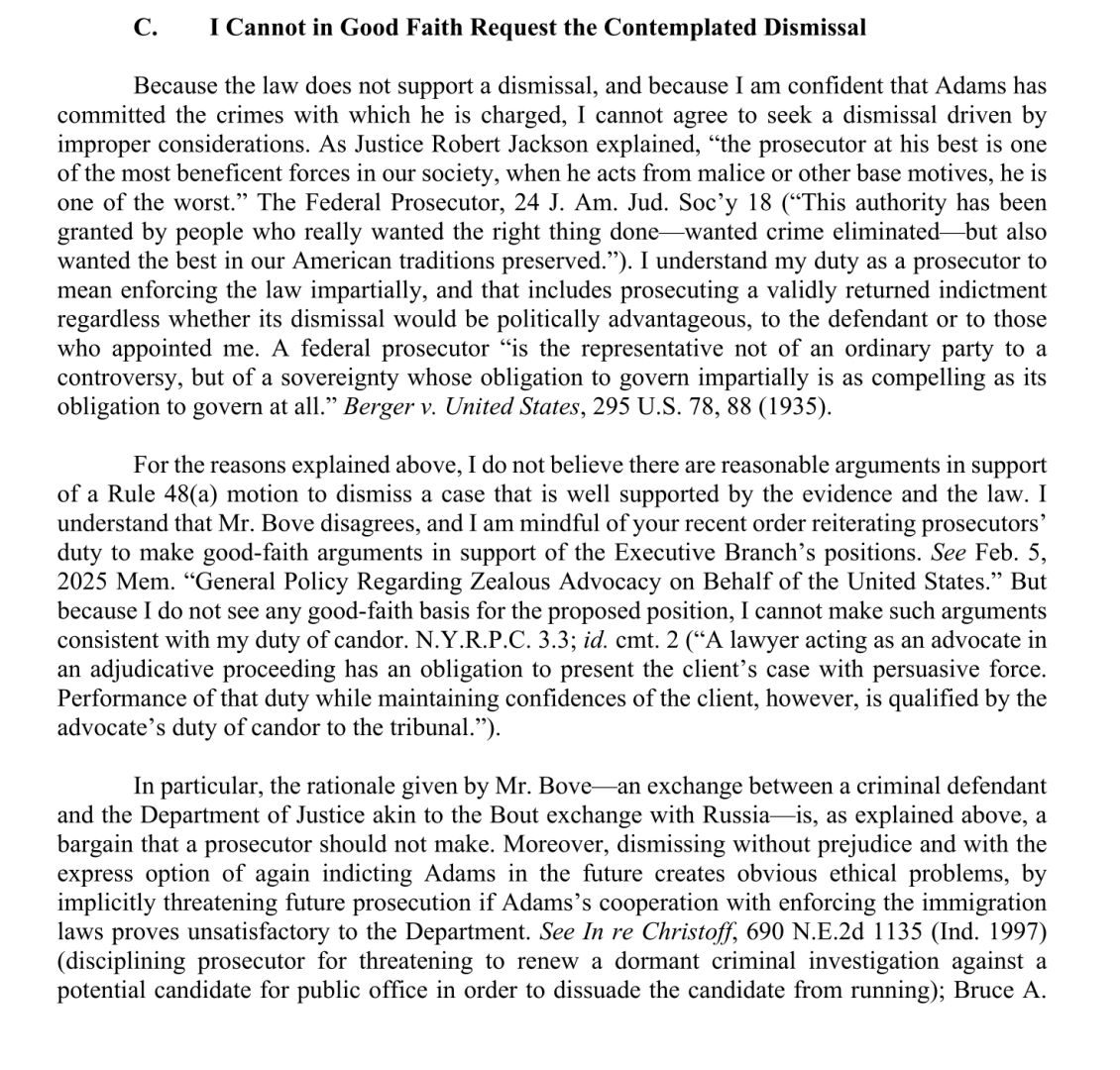The lawyers representing Harvard are (in addition to being excellent lawyers) notable for their conservative connections.
Quick thread.
Quick thread.
https://twitter.com/WilliamBaude/status/1914428286702149972

First off, the conservative/GOP bona fides of Bill Burck and Robert Hur have been covered elsewhere.
telegraph.co.uk/us/news/2025/0…
telegraph.co.uk/us/news/2025/0…
But as @WilliamBaude notes, Lehotsky Keller Cohn is on the brief, with name partners Steve Lehotsky (Scalia clerk, former Bush-era OLC); Scott Keller (former Texas SG, Ted Cruz Chief of Staff, Kennedy clerk), and Jonathan Cohn (Thomas clerk).
Lehotsky Keller Cohn has lots of other lawyers on the brief who have conservative credentials, such as Katherine Yarger (former Gorsuch/Thomas clerk), Mary Elizabeth Miller (Alito clerk), Shannon Denmark (Kavanaugh clerk).
Will any of this change the outcome in the case? I doubt it. But it's an interesting signal to send to the courts—not just the district court, but those on the court of appeals and potentially the Supreme Court who might be following the case.
Errata: Scott Keller was Cruz's chief counsel on the Judiciary Committee, not his Chief of Staff. (Serves me right for writing too quickly....)
• • •
Missing some Tweet in this thread? You can try to
force a refresh






















